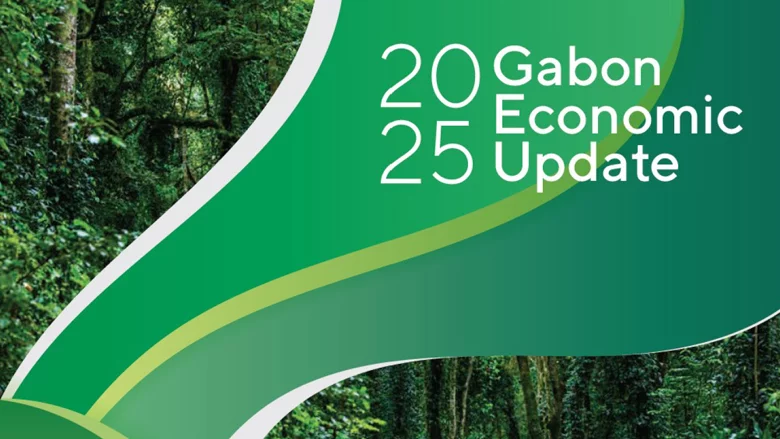
Gabon’s national wealth surged to 63,000 billion CFA francs ($105 billion) by 2020, marking a 35% increase since 1995, according to new data released by the World Bank. The report highlights an average annual growth rate of 1.4% over 25 years but underscores a troubling decline in wealth per capita.
The World Bank notes that Gabon’s overall wealth is composed primarily of natural capital, which accounts for 42% of the total, followed by human capital at 31% and physical capital at 27%.
From 1995 to 2020, the value of Gabon’s renewable natural assets—such as forests—rose by a modest 2%. In contrast, non-renewable resources like hydrocarbons increased in value by 39%. Produced capital, including infrastructure, saw an 85% boost, while human capital—measured in terms of education, health, and workforce skills—soared by 207%.
“Between 2009 and 2016, supported by an oil boom, significant investments were made in infrastructure and social sectors.
At the same time, Gabon has experienced a sharp increase in non-renewable natural wealth, thanks to vast hydrocarbon reserves, which peaked at around 380 million tonnes in the 1990s, while strong conservation efforts have enabled it to increase the value of forests and create a significant local timber industry, based on sustainable production methods,” the World Bank stated.
Despite these advances, the report reveals a concerning trend: wealth per capita declined by 34.7% between 1995 and 2020—equivalent to a yearly drop of 1.39%.
This decline signals a disconnect between the country’s resource wealth and its ability to translate that into prosperity for its population.
The World Bank concludes that while Gabon has made strides in expanding its asset base, challenges remain in converting this wealth into tangible improvements in living standards and sustainable economic development.



